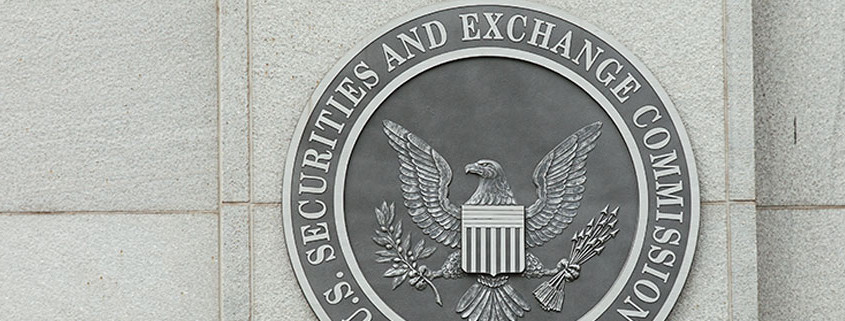Original Article By LIZ MOYER | Featured on NYTimes | Mark Van Scyoc / Shutterstock.com
The Securities and Exchange Commission on Friday released its first set of statistics on more than 2,600 private fund advisers as part of an effort to make it easier for investors to evaluate them.
The data include information from regulatory filings by private advisers of funds — hedge funds and private equity funds — with $150 million or more in assets. The data, which are available on the agency’s website, cover the first quarter of 2013 through the fourth quarter of 2014.
“It is clear that both current and future rules must focus closely on how threats to the financial system could impact our mandates of investor protection, fair, orderly and efficient markets and facilitating capital formation,” Mary Jo White, the S.E.C. chairwoman, said Friday at a Manhattan conference run by the Managed Funds Association, a hedge fund trade group.
The S.E.C.’s examination staff has been uncovering recurring issues, she said, particularly in the area of fiduciary duty and fee disclosures.
Some advisers are having problems in marketing, with materials that have unreliable performance numbers, or comparisons to benchmarks that don’t make crucial disclosures.
Some S.E.C. examiners found advisers who were moving profitable trades and investment opportunities to their own proprietary funds rather than to client accounts. They also found some advisers improperly shifting expenses to their funds.
Ms. White said these instances revealed “cracks” in the bulwark of investor protection. “They also illustrate that investment advisers to funds, including private funds catering to sophisticated investors, must disclose material facts to clients,” she said.
The president and chief executive of the Managed Funds Association, Richard Baker, said in response that the private fund industry “does not pose a systemic or destabilizing threat, even during times of financial crisis.
“The S.E.C.’s most recent report provides additional support for this position based on extensive industry data,” he said.
Regulators began requiring funds to register and report details about their funds after the financial crisis. Now their attention is turning to whether there should be more protections from the possible risks the funds pose to the financial system.
The S.E.C. statistics on private fund advisers use aggregated data. Some highlights: The use of derivatives by funds rose to $14.8 trillion from $13.6 trillion, but derivatives made up a smaller portion of total net assets, 221 percent versus 256 percent. Out of 8,635 hedge funds, fewer than 100, with $70 billion in combined assets, use high-frequency trading strategies to manage at least some assets.
Ms. White said she wanted feedback from the private fund industry on the published report. “The public availability of aggregated information should help to address persistent questions, and to some degree misconceptions, about the practices and size of the private fund industry,” she said.
There are 24,725 funds that fall under the private fund category, including hedge and private equity funds. Some of the biggest investors in them are individuals, pension plans and nonprofit organizations. The agency plans to release the aggregate statistics “periodically,” though it hasn’t decided whether that will be quarterly or annually.
Isler Northwest LLC is a firm of certified public accountants and business advisors based in Portland, Oregon. Our local, regional, and global resources, our expertise, and our emphasis on innovative solutions and continuity create value for our clients. Our service goal at Isler NW is to earn our clients’ trust in us as their primary business and financial advisors.
Isler Northwest
1300 SW 5th Avenue
Suite 2900
Portland, Oregon 97201



